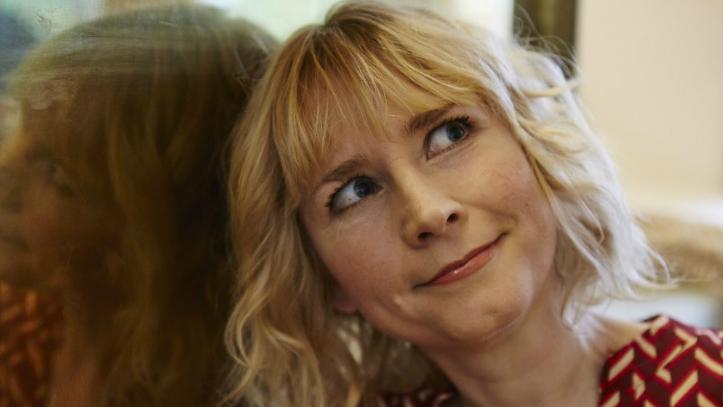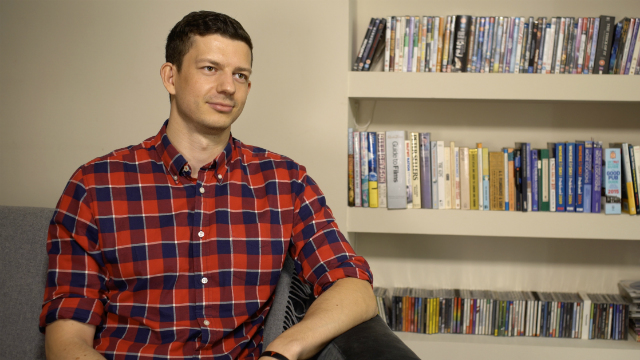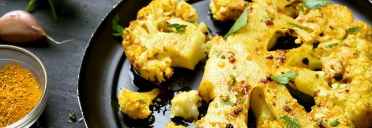
Sarah Blake
Diagnosed age 34 in 2011.
In the end they prescribed Libre as I fitted the criteria. I was really relieved. It just helped so much, so quickly.
Sarah was diagnosed with type 1 diabetes when she was 34 years old. Since then, she’s learned to adapt to her condition and has had a child. Her uncle, cousin and sister all have type 1 diabetes too. Since having a Freestyle Libre her diabetes has been easier to manage and it's even connected her to others who also have diabetes.




